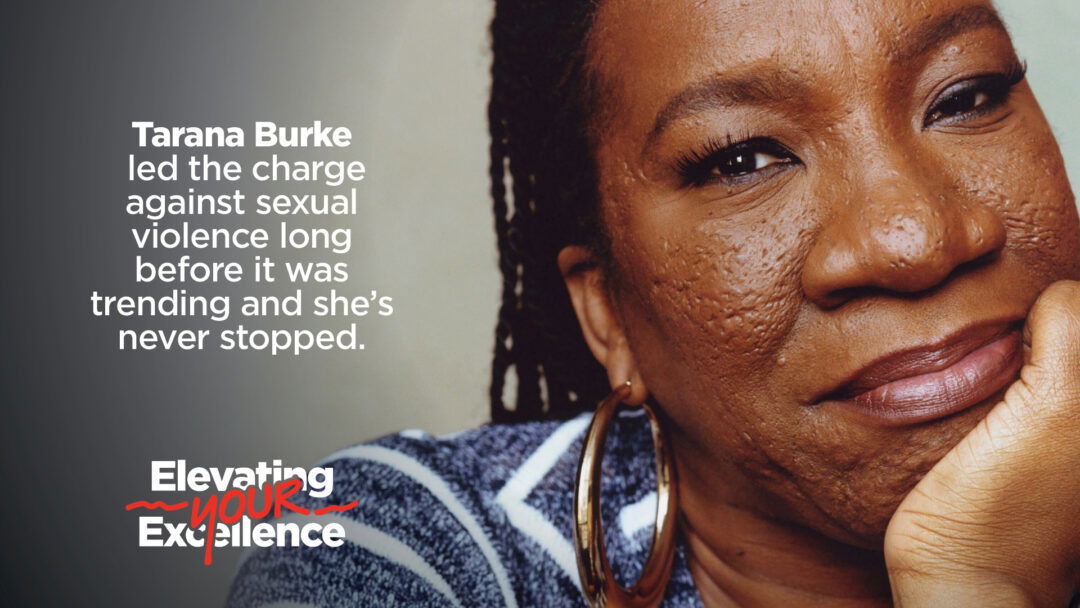Tarana Burke: The Visionary Behind the Global ‘Me Too’ Movement

From Bronx Roots to Global Impact
Tarana Burke, the formidable activist and community organizer who birthed the Me Too Movement, has fundamentally transformed global conversations about sexual violence and empowerment. What began as a grassroots initiative has grown into a worldwide phenomenon, with her resonant hashtag #MeToo being used more than 19 million times on Twitter alone since its viral resurgence in 2017.
The movement’s seismic impact earned Burke and fellow “Silence Breakers” the prestigious distinction of TIME Magazine’s Person of the Year in 2017, cementing her place in history as a catalyst for social change.
The Making of a Movement Leader
Born September 12, 1973, in The Bronx, New York, Burke’s activist journey began in her teenage years. During the late 1980s, she immersed herself in the 21st Century Youth Leadership Movement, tackling pressing issues like housing inequality, racial discrimination, and economic injustice across New York City. This early passion led her to Alabama State University, an HBCU where she further developed her organizational skills and commitment to social justice.
After graduation, Burke returned to Selma, Alabama, where her encounters with young Black survivors of sexual violence profoundly shaped her life’s work. As a survivor herself, she recognized the urgent need for safe spaces and resources, pivoting her activism toward supporting marginalized women.
The Birth of ‘Me Too’
The seeds of the Me Too Movement were planted in the 1990s when Burke, then a youth camp director, had a transformative encounter with a young abuse survivor. Though she couldn’t provide an immediate solution, this moment became the movement’s spiritual foundation.
Burke’s dedication to empowering young women of color led her to co-found Jendayi Aza, an African-centered Rites of Passage program, which evolved into her nonprofit JustBe, Inc. in 2007. The organization’s success was so profound that every public school in Selma adopted its programming.
The formal launch of the Me Too Movement followed shortly after, with Burke intentionally using the phrase “me too” to create “empowerment through empathy.” Her vision extended beyond healing—she aimed to transform survivors into community leaders.
A Career of Purpose and Impact
While developing Me Too, Burke maintained an impressive career in the nonprofit sector, including leadership roles at:
- Art Sanctuary (Philadelphia)
- Black Belt Cultural Arts Center
- National Voting Rights Museum & Institute
Her expertise even led to a consulting role on Ava DuVernay’s acclaimed film Selma in 2014.
The Viral Moment That Changed Everything
The 2017 Harvey Weinstein scandal propelled Burke’s work into the global spotlight when #MeToo went viral. Suddenly, millions worldwide found courage to share their stories, creating an unprecedented cultural shift.
In 2018, Burke established Me Too International, expanding the movement’s reach to dismantle systems of sexual violence globally, with particular focus on marginalized communities.
Accolades and Continued Advocacy
Burke’s extraordinary contributions have earned her numerous honors, including:
- USA Today’s Women of the Decade (2020)
- Sydney Peace Prize (2019)
- Harvard Gleitsman Citizen Activist Award
She’s become a sought-after commentator, with insights featured in Teen Vogue, Glamour, Ebony, and other major publications. Her memoir “Unbound” further amplifies her message of healing and empowerment.
Recent Global Initiatives
Burke continues to expand the movement’s impact. Most recently, she convened the Me Too Global Network Pan-African gathering in Kenya, bringing together organizations from 16 countries to strategize against gender-based violence.
“We gathered as survivors, organizers, advocates, artists, and healers—each carrying stories, wisdom, and a shared dream of a world free from sexual and gender-based violence.”
Today, Burke serves as Senior Director of Girls for Gender Equity in Brooklyn while raising her daughter in New York City. Her work remains a testament to the power of survivor-led movements in creating lasting social change.
Source: Black Enterprise


